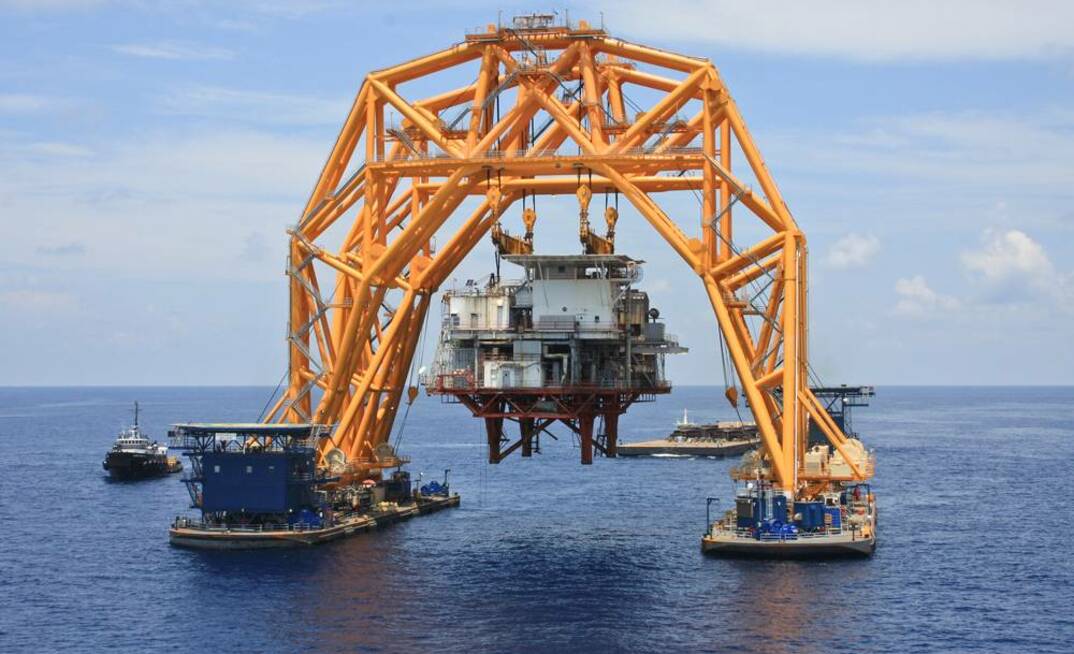The National Offshore Petroleum Safety and Environmental Management Authority is seeking industry partners for a pilot project designed to investigate ways to approve decommissioning activities faster.
Australia has an estimated A$56 billion of decommissioning work to be completed by 2050. Half of this work needs to start this decade.
The issue is particularly acute with many fossil fuel assets facing early retirement as a result of the clean energy transition. Consequently, decommissioning stranded or end-of-life assets is becoming an increasingly significant consideration for businesses across a wide range of industries.
The federal government agency will work with the Department of Climate Change, Energy, the Environment and Water to find improvements to how operators apply to remove wellheads, pipelines, and platforms from the sea.
NOPSEMA said it would look to partner with oil and gas companies to "evaluate options to streamline the assessment of proposals for decommissioning of offshore petroleum facilities."
"Streamlining could help reduce regulatory overlap and improve consistency, all while maintaining the desired environmental outcomes," it said.
The trial project will come in phases with the first to focus on applications by industry relating to sea dumping permits.
Sea dumping is the term used by the government to describe rigs to reef projects and carbon capture and storage.
NOPSEMA said it had already found one partner and had begun an initial trial but was seeking further participants.
Woodside Energy (which merged with BHP Petroleum) has received multiple approvals to leave infrastructure "in-situ" on the seabed.
This includes the Calthorpe-1 well 50 kilometres offshore Exmouth, the Griffin oil pipelines and more.
NOPSEMA has also approved Santos' plans to leave the Frigate-1 wellhead in place and Chevron Corporation's West Tryal Rocks-2 gas well in-situ.
The move by NOPSEMA to streamline sea dumping permits comes as the regulator faces a deluge of decommissioning applications.
One of the most notable decommissioning projects relates to ExxonMobil which was served a general direction this year ordering it to get to work decommissioning no less than 19 platforms and facilities in the Gippsland Basin offshore Victoria.
The direction meant Exxon subsidiary Esso needed to undertake a comprehensive survey of the integrity of the platforms and infrastructure which have sat offshore for decades.
Some 50 years since they were installed, NOPSEMA holds concerns that seawater and spray has eaten away at parts of the massive steel structures causing fractures and breaks.
























